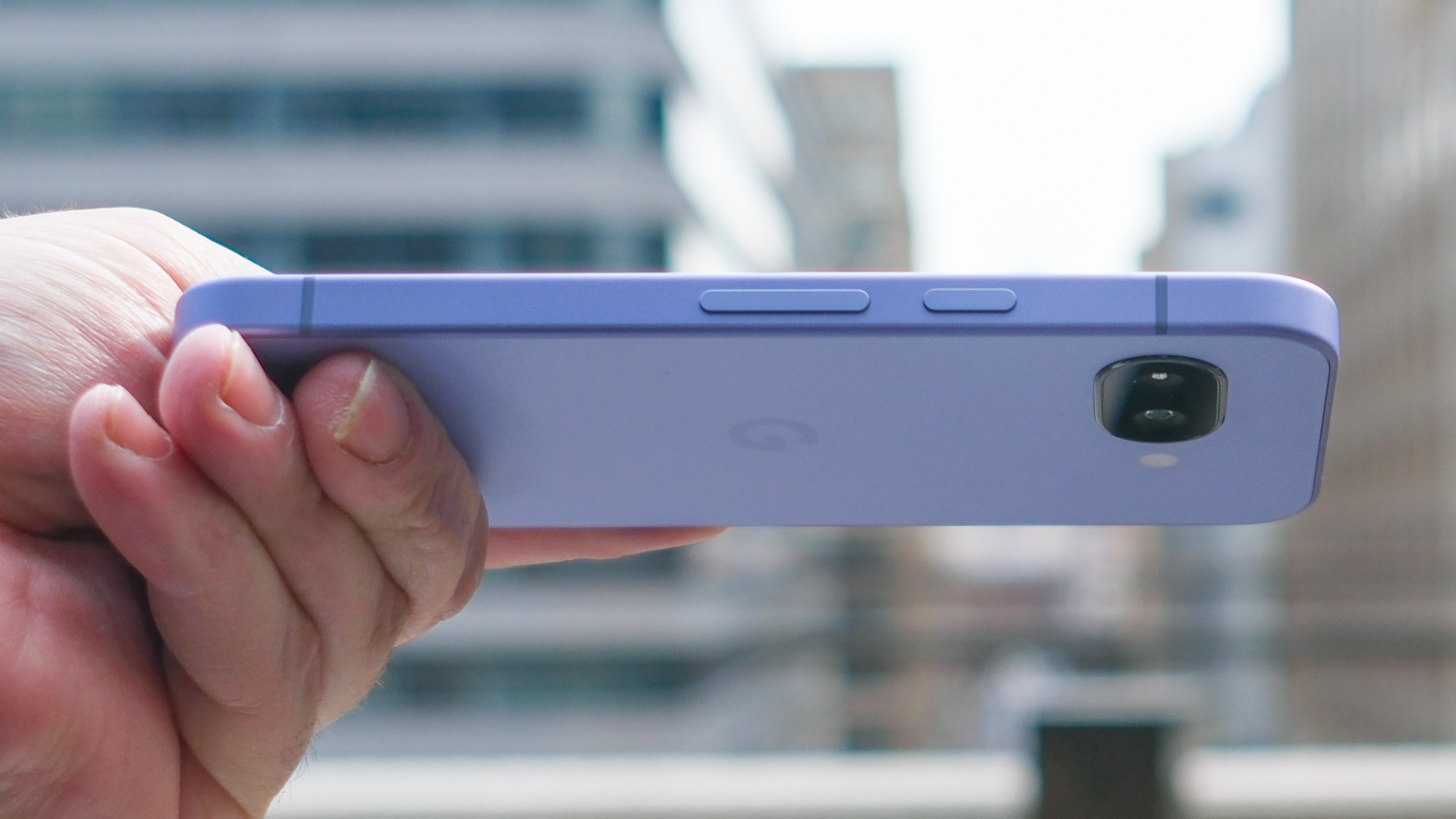Google’s new Battery Health assistance will intentionally shorten your Pixel 9a’s battery life – and you can’t turn the feature off
But it could be the Pixel 9a's best new fetaure

- Google Pixel 9a phones come with a new Battery health assistance tool
- It will intentionally drop your phone’s maximum battery life every 200 charge cycles
- It turns off after 1,000 charges, and you can’t switch it off before then
The Google Pixel 9a has a new feature that will intentionally reduce your phone’s battery life over time – and there’s nothing you can do about it.
While they’re never the most exciting features, battery health tools are some of the most useful you’ll find on modern smartphones. Following best practices can ensure your phone doesn’t become a massive battery sink after a year or two of use and can extend how long you can go before buying a replacement lithium-ion cell for your handset.
And with its latest Google Pixel 9a release, Google looks to be taking battery health seriously with a new Battery health assistance feature that (at launch) will be exclusive to the new handset.
But rather than giving you a choice on how your phone charges – such as manually setting your device to cut charging off at 80%, or only reaching a full charge just before when your phone expects you to unplug it – according to Google’s official help page Battery health assistance will automatically lower your battery’s maximum charge every 200 charge cycles.
This gradual decline will continue every 200 cycles until your device completes 1,000 cycles.

What’s more, while Google has confirmed to 9to5Google that the feature “will be voluntary for any customers using previously launched devices,” (i.e. the other best Google Pixel phones) its help page for the Pixel 9a reveals that for its latest device, “Battery health assistance settings on Pixel 9a aren’t customizable by the user.”
Now, some of you might be worried that this will mean your Google Pixel 9a runs out of battery more quickly than if you could switch this feature off, but the silver lining here is that this feature will probably mean your phone battery lasts longer.
Get daily insight, inspiration and deals in your inbox
Sign up for breaking news, reviews, opinion, top tech deals, and more.
Over time, most batteries degrade anyway, so 100% charge after several months won’t last as long as it did when the phone was brand new.
The hope is that while you’re still losing some battery performance over time, Google’s controlled descent will mean your battery lasts longer per charge than it would if you didn’t use Battery Health assistance.
Though we can understand that the lack of control over how you can manage your device is likely to rub many the wrong way, even if it is an upgrade. It also doesn’t do much to assuage concerns surrounding intentional performance throttling from smartphone manufacturers to encourage you to upgrade your smartphone more regularly.
It’s looking like this feature is an upgrade in disguise, however, and if it’s a success we’ll likely see it appear on other Google smartphones going forward.
You might also like

Hamish is a Senior Staff Writer for TechRadar and you’ll see his name appearing on articles across nearly every topic on the site from smart home deals to speaker reviews to graphics card news and everything in between. He uses his broad range of knowledge to help explain the latest gadgets and if they’re a must-buy or a fad fueled by hype. Though his specialty is writing about everything going on in the world of virtual reality and augmented reality.
You must confirm your public display name before commenting
Please logout and then login again, you will then be prompted to enter your display name.